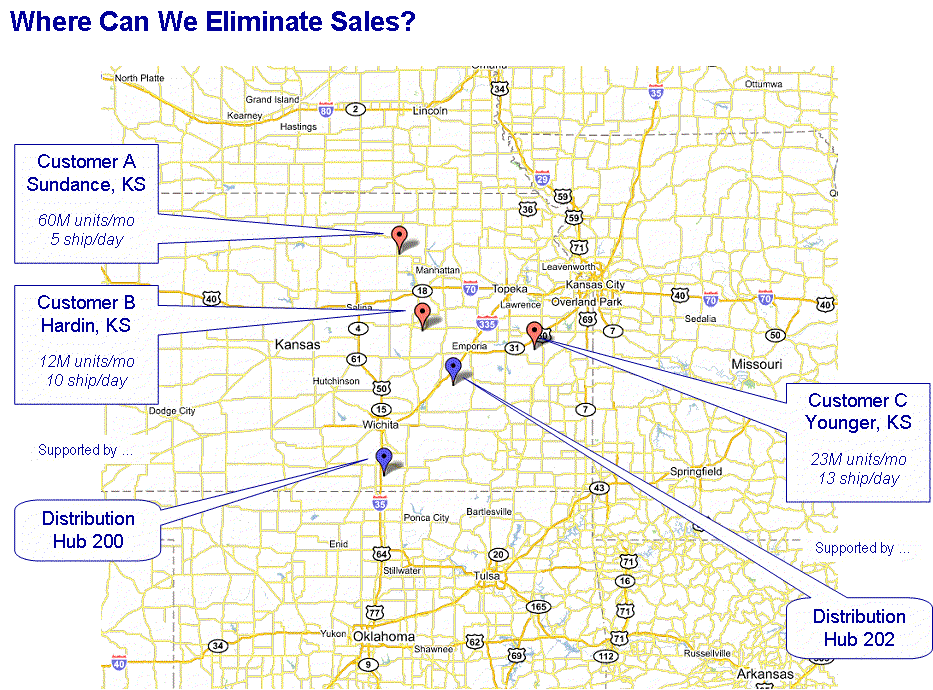The question of the “erosion” of the term has been posed before (good thread!). Over the past few weeks, I’ve slogged through web content about …
-
Open Source Software (aka FOSS): Projects and products are becoming commonplace; as evidence, I submit articles such as this (1 of 2), that take the airline magazine approach of chatting up basic ideas like “ROI is often soft” and applying to the Current Topic. There’s nothing really stunningly insightful here, just talking about the difficulties of hard vs. soft ROI – the topic just happens to be FOSS.
<takeaway> Not to trivialize the Open Source movement; I am a fan / proponent, and am encouraged to see news from Europe showing increased acceptance, and from Novell et al pushing more adoption of open source in big data centers. Look, the book review wasn’t that bad – what many IT shops need to embrace is the opportunity to reduce maintenance fees with FOSS, because at the end of most business’ days, that’s hard dollar ROI and that is all they hear. </takeaway>
-
Open Architecture: A generic idea that many folks (but especially IBM) will use to describe non-proprietary interfaces. It’s a common-sense application of the term, and the concept makes terrific sense – the success of the IBM PC is prima facie evidence.
<takeaway> Common corporate IT Freak Show: Proliferation of platforms and standards, and the maintenance and management overhead that ensues. We’ve all seen it, yet we all struggle with the fact that projects to improve our own work environment rarely translate into business returns that prioritize well against business projects. How can you argue for the elimination of $50K of maintenance fees when this report or that interface will drive down COGS by $500K? Since we can’t spend money to save money, we need to take advantage of FOSS but also push for open standards, especially for management tools. (“Who cares if it’s not integrated with my MMC console – I can manage my [fill in the blank] service on HP, Linux, Win2K and AS/400 box from one screen“). </takeaway>
-
Open APIs are just a <hype>Web 2.0</hype> -era term for good old web services – a great concept, I love working with them, and they will be a critical part of the foundation for a long time – but it does get a little tedious wading through the endless stream of breathless blog postings (although I’m not as much of a naysayer as some).
<takeaway> No, I have no idea (at this time) how Web 2.0 can transform my employer’s revenue stream or cost structure, but I do know a massive productivity enhancer when I see it. Take mapping and geocoding – what used to require six-figure software packages with expensive data subscriptions can now be done with a few simple lines of XML. But it’s not just about the “sexy” PowerPoint slide I just created – it’s really about enabling innovation in a very real, tangible way. I’m showing different ways of thinking, using zero dollars and leveraging cutting-edge technology (while developing specific knowledge about what works and what doesn’t). I’m also developing hype-immunity – my ability to discern those who can talk about it from those who can do it.</takeaway>

Notice – those are all corporate, business-oriented takeaways – but wait, there’s more! (to be continued …)






This Post Has 0 Comments